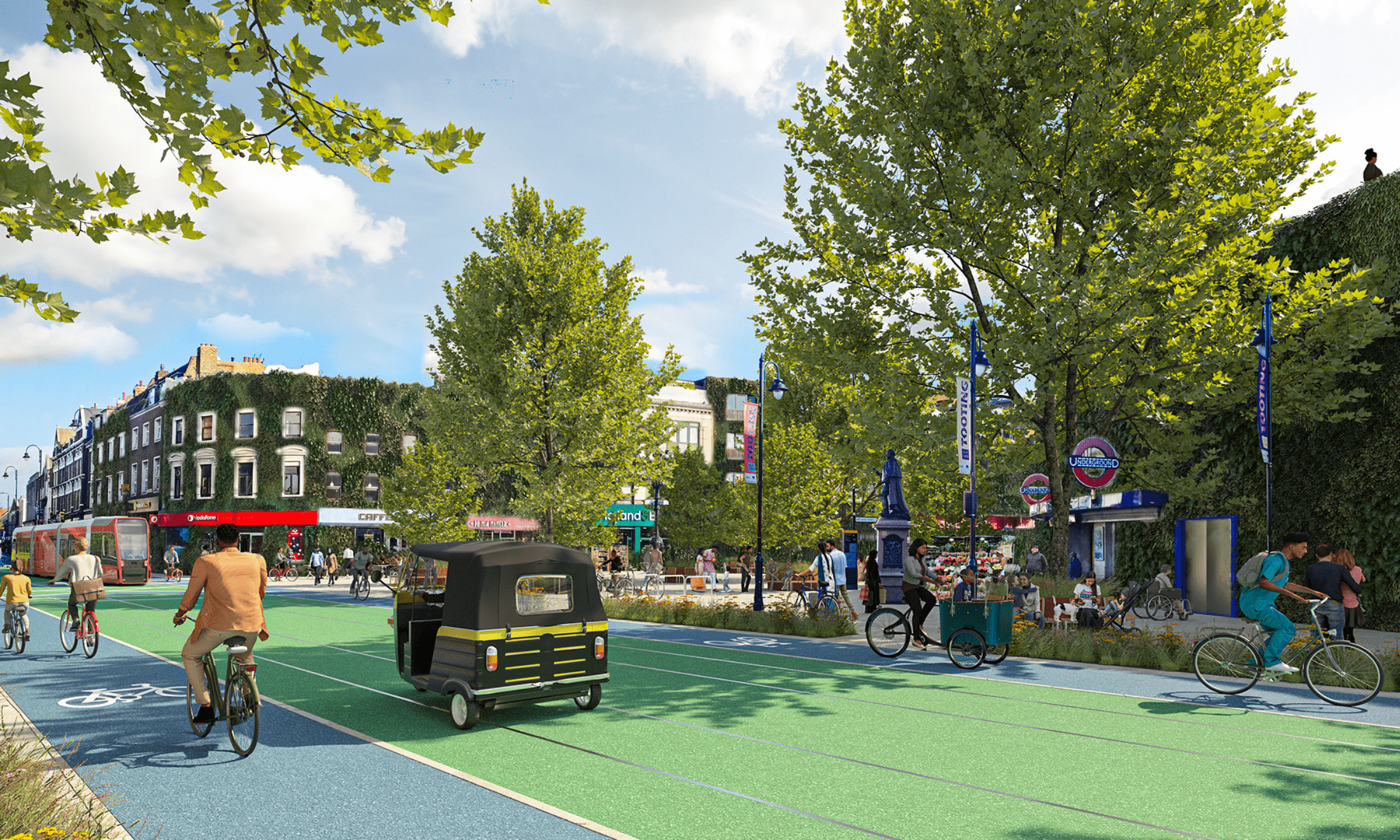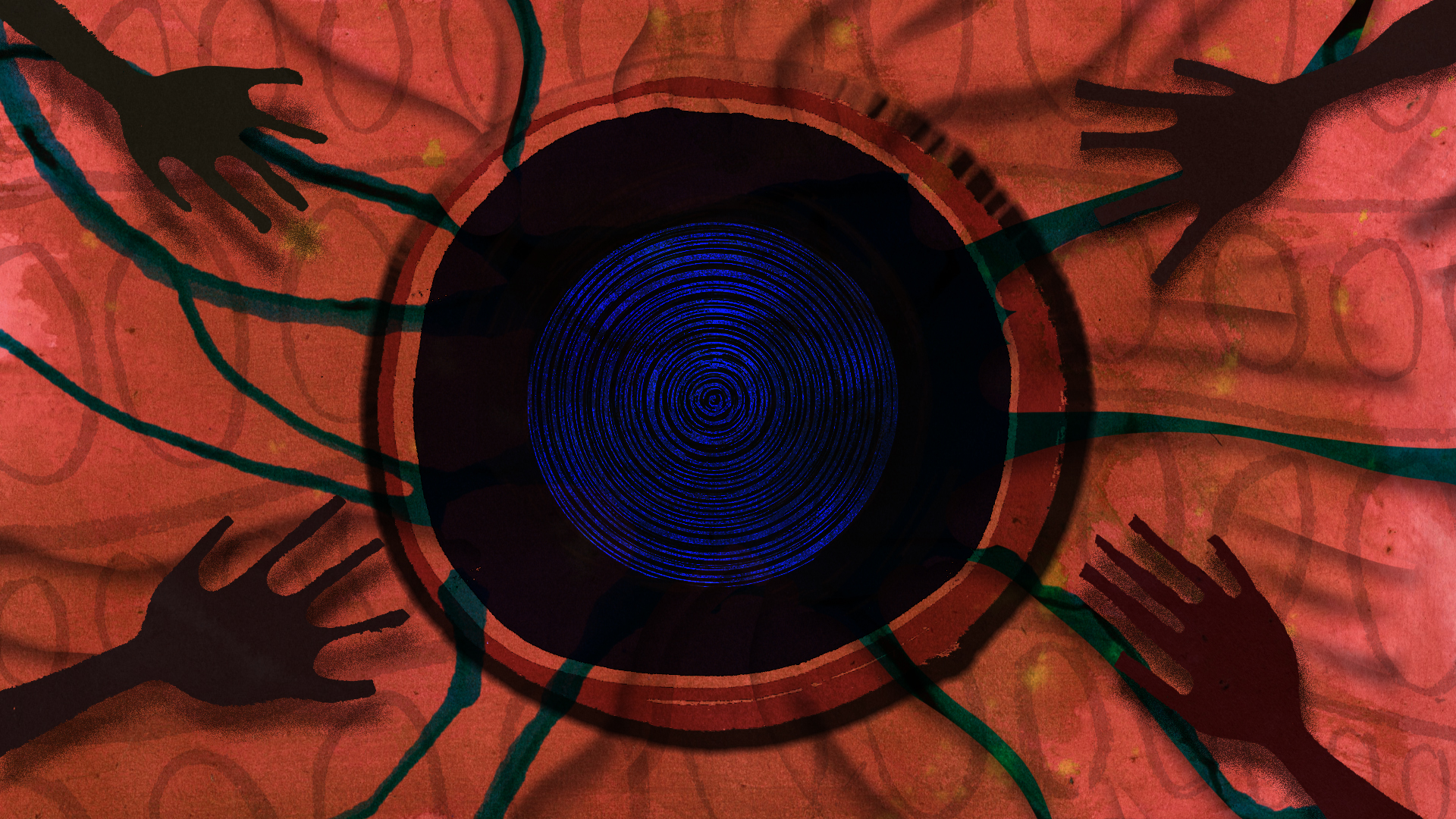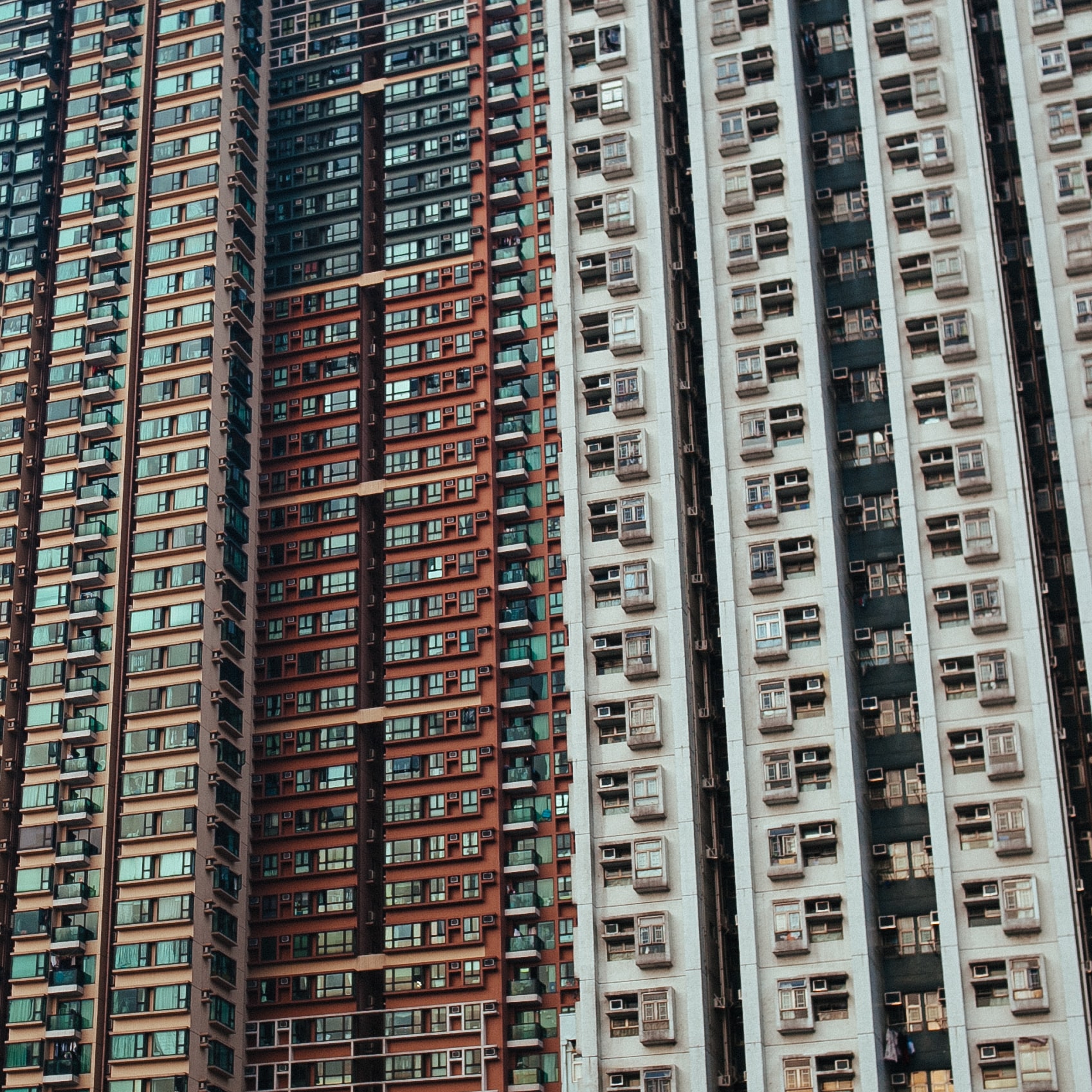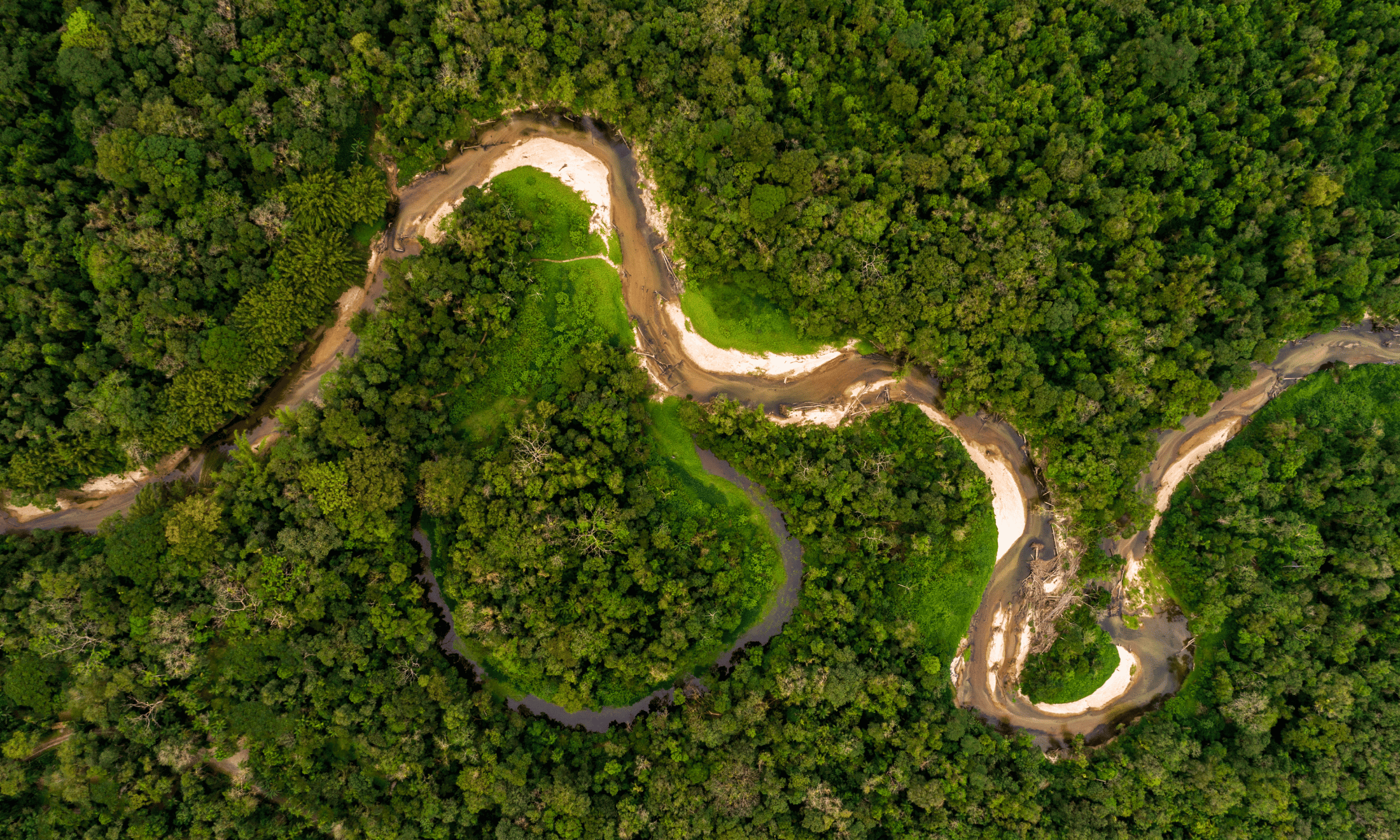The gal-dem guide to climate reparations
'Reparations', 'debt cancellation', and 'climate justice' are all regular features in chatter about the climate crisis – but what do they mean in practice?
Anita Bhadani
05 Nov 2021
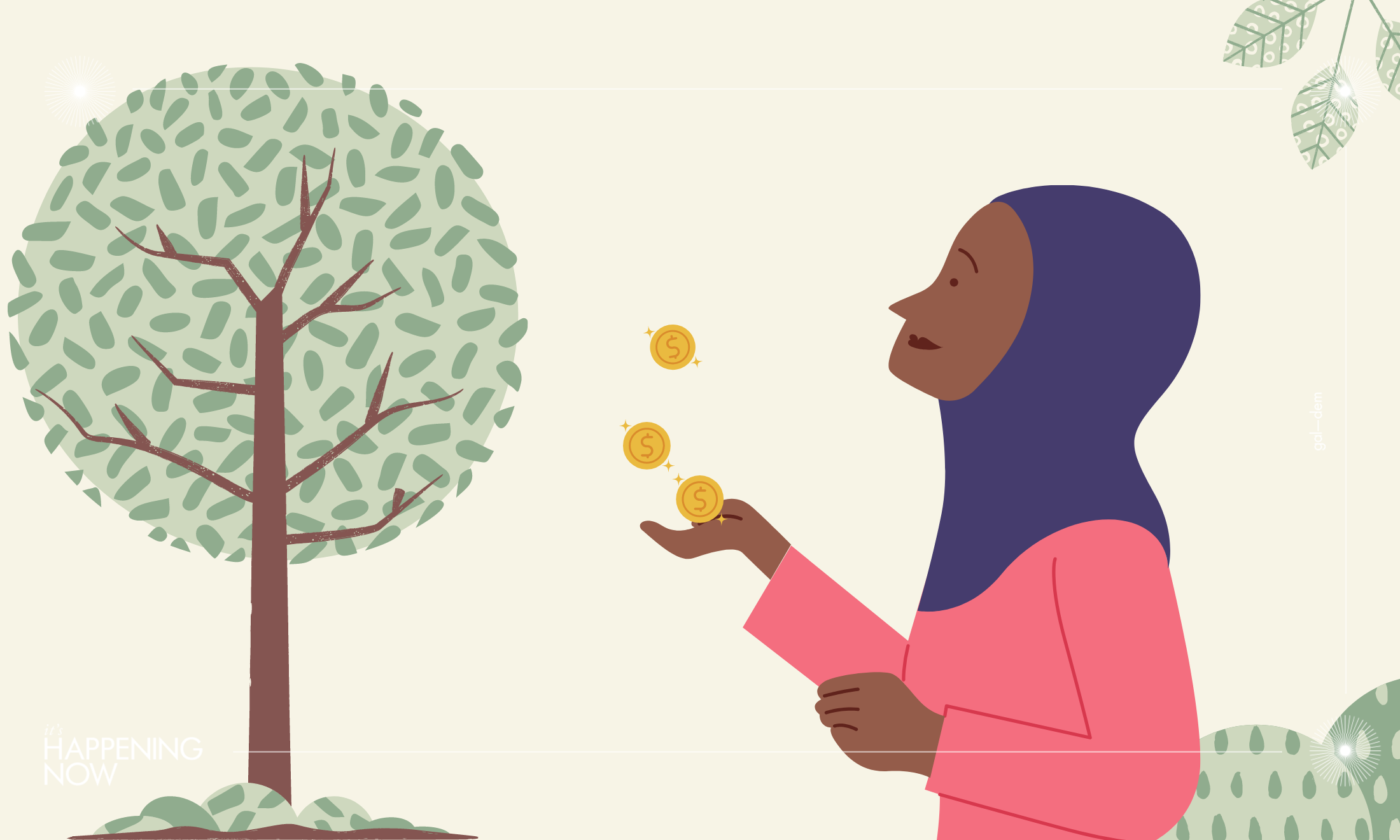
Canva
With COP26 underway, renewed focus has been placed on campaigners across the globe calling for ‘climate reparations’ to be given to the Global South by the Global North – but what does this mean?
How can climate reparations play a role in fighting for climate justice, and potentially addressing historic injustices committed against the most marginalised members of our societies?
No fear – gal-dem is here to help cut through the noise, with help from five climate activists from across the Global South.
What exactly are climate reparations?
Climate reparations refer to a call for money to be paid by the Global North to the Global South as a means of addressing the historical contributions that they have made (and continue to make) toward climate change. “It is important that the Global North own up to that responsibility of paying what they are due to the Global South,” says Nomhle Senene, a climate activist from South Africa organising with Fridays for Future MAPA.
Indeed, countries in the Global North are responsible for 92% of excess global carbon emissions. Despite this, countless studies have shown that countries across the Global South are facing the sharpest end of the consequences when it comes to climate change – from severe heatwaves in India, to flooding in Kenya, and hurricanes in Nicaragua.
“Climate reparations are also about the need for acknowledgment and accountability for the loss of land and culture – and how that has affected us in the Global South – as a result of climate change,” Farzana Faruk Jhumu – a climate activist organising with Fridays for Future Bangladesh – adds.
Acknowledgement and accountability for the destruction caused by the Global North are inherent to the nature of climate reparations. This element of accountability is what differentiates climate reparations from ‘climate aid’. “Historically the Global North has this debt to us, and that’s why they have to pay,” Farzana tells gal-dem.
What could climate reparations look like in practice?
There are different forms that climate reparations can take. Mimi Sheller, Dean of The Global School at Worcester Polytechnic Institute, has written about a ‘corrective justice’ path, referring to a negotiation between governments internationally.
Under a corrective justice model, the moral responsibility for those most responsible (the Global North) for the climate crisis to pay compensation to those least culpable (the Global South) forms the legal basis for payments to be made.
Sheller describes one proposed practical mechanism – an “international compensation commission”, which would receive claims from countries affected, and provide money that could be used for things like disaster risk reduction, insurance and adaptation.
She also outlines a second form, which would involve suing multinational corporations responsible for climate destruction – such as oil companies – under international law, with the money recouped being channelled into similar initiatives as above.
Irrespective of the mode in which climate reparations are given, those most affected by climate change in the Global South should have autonomy over how funds are spent.
“There are countries within the Global South that have regimes and military rule”, Ili Nadiah Dzulfakar, co-founder of Klima Action Malaysia (KAMY) says. “We need systems of monitoring and evaluation, otherwise the money will go into the deep pockets of corruption.”
Why do climate reparations matter for climate justice?
The call for climate reparations is one of the key elements within demands for climate justice – a framing that places justice and the movement toward an equitable world at the core of climate activism.
“Climate reparations directly benefit those affected by systems of oppression such as colonialism and racism – i.e. those who are also the most affected by the climate crisis,” Regina Cabrera – a climate activist with Fridays for Future Mexico – says.
“We can’t talk about reparations if we don’t also talk about inequality and how the economic system destroys communities all around the world, and marginalises – for example – indigenous communities, racialised communities and queer people,” fellow FFF Mexico activist Náme Villa del Ángel adds.
“For example, Haiti [was] destroyed economically for centuries by France because of systems of debt. Right now, we are seeing the same stuff over and over again in Latin America.
“Argentina is a country that has been deprived over and over again by debt in the last 20, 30 years. Mexico is another example of a country where a large percentage of our exports go directly to the United States.”
“Reparations are a way of understanding our political context through the framework of decolonisation.”
Climate reparations are not a panacea, but are better understood as one key part of a system of wider measures – including debt cancellation, a just transition away from fossil fuels, and ending corporate impunity – to achieve climate justice globally.
Climate reparations can be a starting point for radically reorienting our world toward climate justice. By speaking of reparative justice, we bring the wider injustices inherent to capitalism and neo-colonialism into sharp focus.
How can we ensure climate reparations are truly in the service of justice for the Global South?
Currently, the majority of climate finance given to the Global South by the Global North is in the form of loans – 71% of climate finance was loan-based in 2019. “When we take on loans, we have to pay interest – which means paying extra money,” Farzana explains.
“The emitter countries should be paying us because they are the ones causing this climate crisis,” she says, “not the other way round as it is currently due to interest rates.”
Indeed, the use of loans simply accrues profits for the Global North as they collect interest, while exacerbating the already sizable debt of the Global South – further entrenching global inequity between the North and South.
The Jubilee Debt Campaign calculated this year that low income countries – many of whom are located in the Global South – spend five times more on external debt payments than on projects to protect their citizens from the impacts of climate change.
So, how can climate reparations work to be a just alternative?
“Climate reparations should not be given in loans, they should be grant based,” Nadiah says. Grant-based climate finance would help to avoid further ensnaring Global South regions within these deeply unfair systems of global debt.
What is the role of debt cancellation in the context of climate reparations?
Debt cancellation also plays an important role in the context of climate reparations and justice, and this extends beyond just the debts accrued through climate finance. “If we do want to cancel debt, it should not only be the ones related to climate – we need to look at debt as a whole,” Nadiah says.
“When we talk about debt in the Global South, we need to understand that it will not be cancelled just by asking politely,” Náme adds. “[Debt] is intended by the Global North, via the IMF and the World Bank, for dependence from the Global South on the Global North.”
“A vote from the Global North [in these institutions] is equivalent of eight people in the Global South. So, they are not democratic institutions. They are colonial”.
We need to stop listening to the Global North, says Náme, and instead actively organise to disrupt their ways of controlling our places. This will also meean having to rethink economic policies in the Global South. In addition, she adds, there has to be “community solidarity economics between Global South countries which will “put pressure on the Global North to cancel the debt.”
The call for climate reparations must be paired with debt cancellation to achieve a truly equitable climate justice for all. Without radically transforming the economic conditions that keep the Global South indebted to the Global North structurally, reparative justice cannot be realised.
What is some of the activist work happening in the Global South to support the call for climate reparations?
“I work with a lot of indigenous communities here in Malaysia as a grassroots organiser, and I do some policy work too,” Nadiah tells gal-dem.
“We get [the communities] to document as much as they can about what they’ve been losing due to climate change. I think it’s really important to document this, and some of the ways that we show it to the world is through creative means – music, documentaries, and art.”
Nomhle’s work too in South Africa involves creating spaces in the conversation for those most affected by climate change to be heard, and empowerment through education around issues of climate justice.
“I work in an education alliance, talking about climate change. We have poverty, hunger, a water crisis – so sometimes climate change isn’t recognised as the most pressing issue because there’s so much going on”, she says.
“Obviously, it is a serious issue and it is affecting countries like South Africa. We need to see that these issues are connected to climate change and wider socio-economic issues as well.”
How can we show solidarity here in the Global North to support the call for climate reparations?
Creating change starts with reflecting on your positionality and place in the world. “You need to acknowledge your privilege to show solidarity,” Farzana says. “Don’t have a saviour complex, and adopt a mindset of learning and relearning.”
Organisations such as Transnational Accountability & Justice Initiative, War on Want and the Jubilee Debt Campaign have a wealth of resources and do campaigning work around these issues too that you can get involved with.
The COP26 Coalition also has an exciting array of fringe events and actions you can get involved with – both in-person and virtually – across the duration of the COP26 conference.
“It is important for us to form alliances between people who have been historically oppressed and marginalised from the Global North and the Global South,” Regina says. “Because we are the people who can create change.”
Crucially, we must continue to centre the voices of people and communities in the Global South when talking about climate action.
“The Global South are not voiceless – we are just not heard,” says Nomhle. “We can use our own voices, we don’t need anyone to speak for us.”
The panel discussion, ‘Reparations, Debt and Climate Justice’, featuring members of FFF MAPA will take place on the 7 November 2021 at CCA Glasgow, as part of COP26 Coalition’s ‘Peoples’ Summit’. Register to attend online or in person here.
For too long, both climate activism and climate coverage have overlooked the voices and experiences of communities of colour. Follow our new series, It’s Happening Now, for stories that look to change that.


